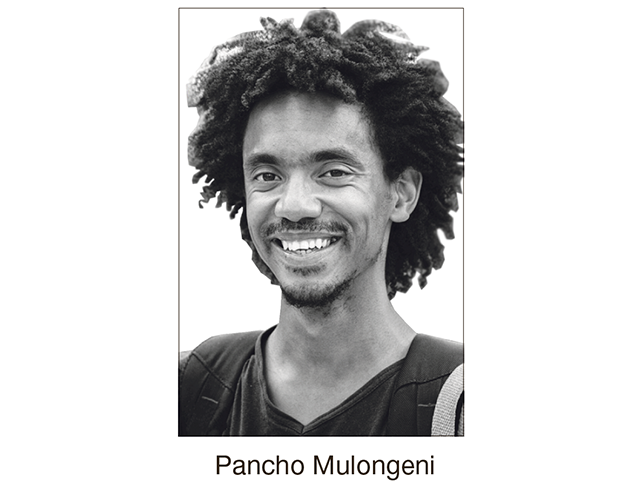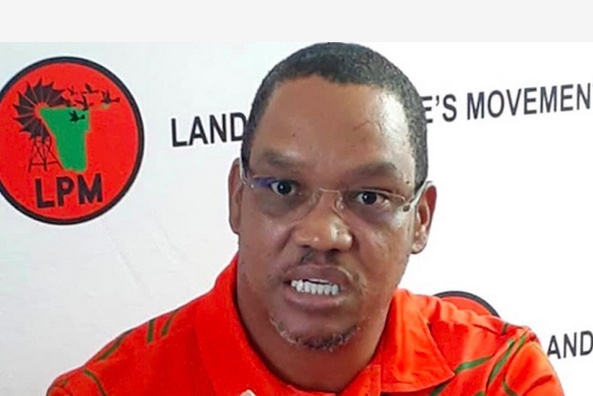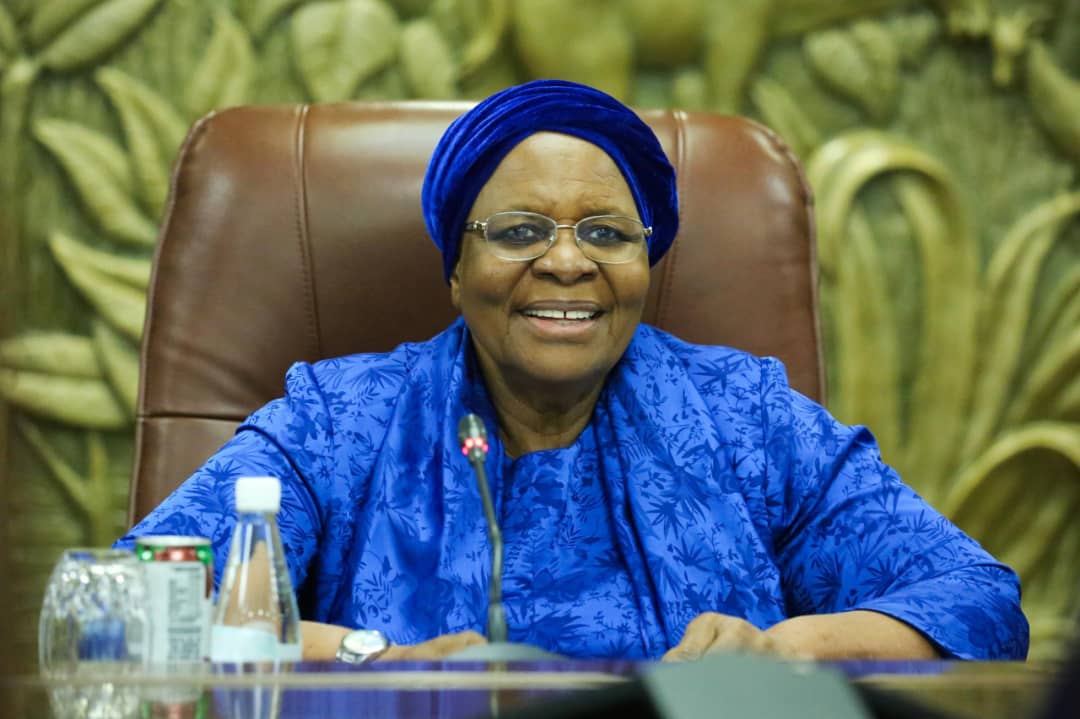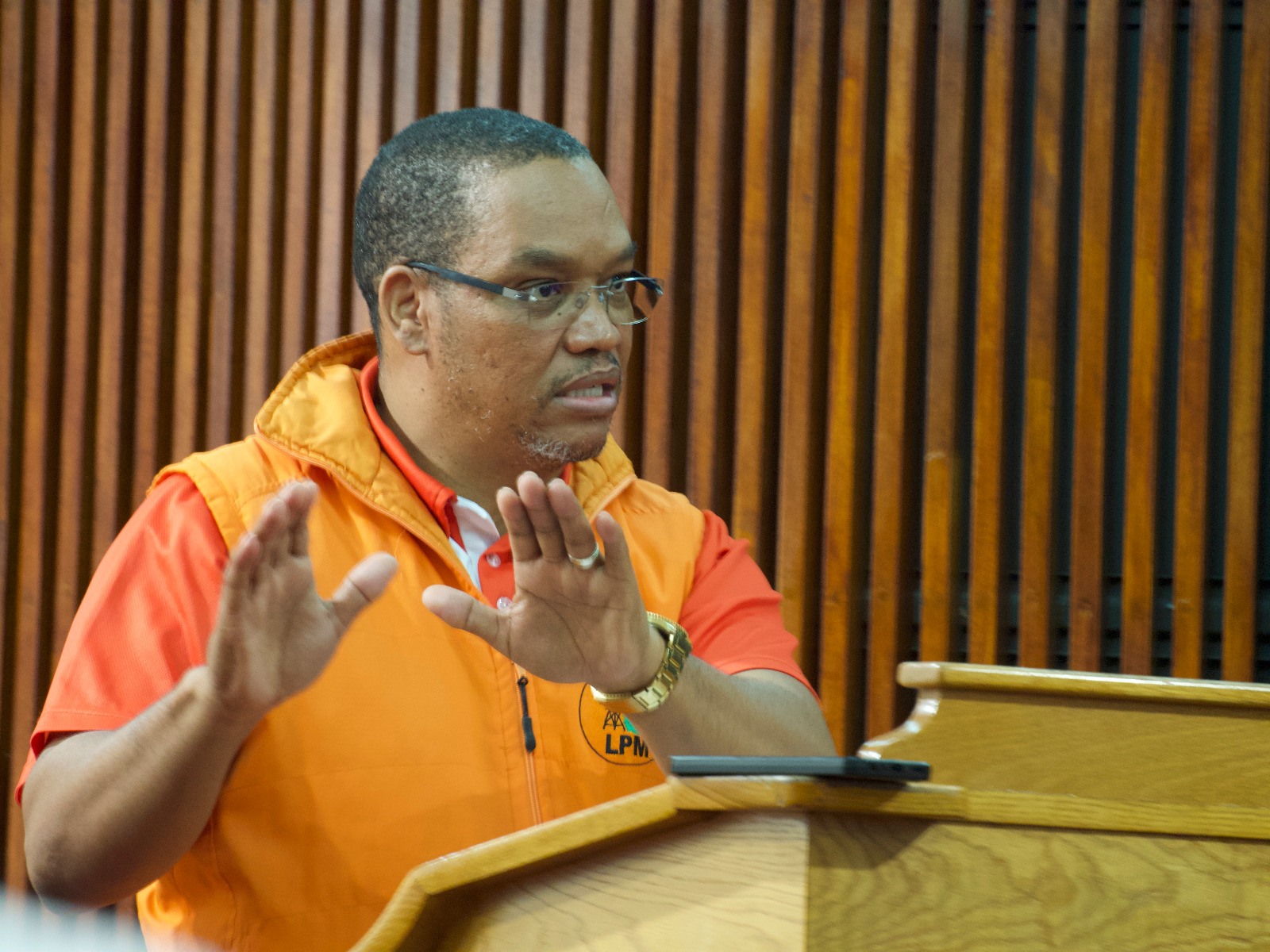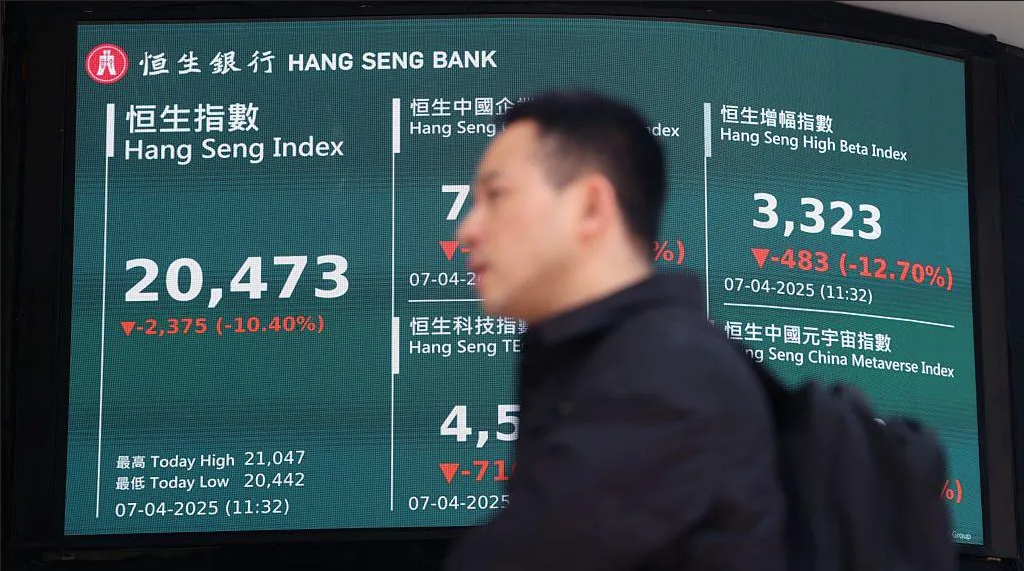• PANCHO MULONGENIIN THE MIDST of vast numbers of protesters in central London on a recent Sunday afternoon, I was delighted to meet one who is acquainted with Namibia. Yet this excitement was tempered by disquiet. This particular protester, Catharina Tirsén, reminded me of how history had come to repeat itself.
Catharina knew of Namibia not as a tourist from Sweden. She attended a conference after the 1980s stock market crash at which emissaries of our country – from the Swapo office in Stockholm – gave a presentation. “It must have been 1988,” she told me.
She had met with Namibians who were refugees in Sweden. Now again, Namibian students have fled. This time from Ukraine into Eastern Europe alongside refugees numbering about the size of our entire population – 2,8 million.
My own existence, from a Bulgarian mother who met a Namibian student, resulted from exile – from then South West Africa into East European countries in the late 1970s and 1980s.
The realisation that Namibians were among the mass of people fleeing as a result of the Russian onslaught in Ukraine left me numb.
I am not a correspondent but rather a commentator on how current events impact peoples ‘ health. In the face of the enormity of the ongoing war, what can one say? The theme of betrayal has been a trending topic among Namibian social media pundits, who excuse the war by saying Nato provoked Russia, charging that its expansion continued after the Cold War ended.
Yet Catharina was hopeful and asked me to convey her message: “This is not about the West betraying Putin, or against Russia’s right to historic territories, this is about showing strength for working class people who want their independence – who want their own country,” she told me. Knowing that I am to respect my elders, I will refrain from offering refutation or approbation of what Catherina told me. One may say I shall abstain from commenting.
HOME OR NOT?
At the time of writing, The Namibian had released a video, presumably taken on 15 March, of Namibian students on a bus fleeing the Ukrainian town of Vinnytsia en route to the border. History repeats itself, goes the old adage, and one would gather this was the case given that Namibians were refugees across Eastern Europe a mere generation ago.
It would be naïve to assume that despite the challenges, Namibia will emerge from this crisis unscathed and that all our citizens will return home.
It is already apparent that not all our students from Ukraine are seeking repatriation (19 more students in Namibia from Ukraine, NBC, YouTube, 7 March 2022). “As I understood, some of them want to go to Germany, some want to go to the UK… that will be entirely at their own cost,” according to a Ministry of International Relations and Cooperation official, speaking on NBC.
One wonders how these students will achieve this. Perhaps they will capitalise on the fact that the EU has agreed to all people fleeing Ukraine being able to apply for asylum, even third country nationals. However, it appears non-Ukrainian migrants face a more difficult asylum process in EU countries bordering Ukraine, as the authorities appear loath to allow them entry.
As for the UK, debate in the House of Commons has centred on the lacklustre response to appeals to allow Ukrainian nationals in without any restrictions. The government appears resistant to this. Ukrainians, and others fleeing the conflict, would need to go through the same rigorous vetting process.
SOLIDARITY
It is unclear if this means third country nationals could also apply for UK asylum because of the Russian invasion, but for those resolute enough there is a chance.
I am on the London underground, on the tube, and I reflect on whether most medical students who fled Ukraine chose to return to Namibia. I read an online political commentary – African countries that abstained from the UN resolution are generally those where a chasm exists between elites and the people.
Then I see a man sitting across from me. He’s wearing a blue, green and red tracksuit. I motion to him and say “excuse me…”. So begins our conversation about the colours he is wearing. He is surprised to learn of Namibia, where people donned that tricoloured tracksuit for the same purpose that blue and yellow outfits are now worn – solidarity.
* Pancho Mulongeni holds a masters in public health from the University of Cape Town
Stay informed with The Namibian – your source for credible journalism. Get in-depth reporting and opinions for
only N$85 a month. Invest in journalism, invest in democracy –
Subscribe Now!




